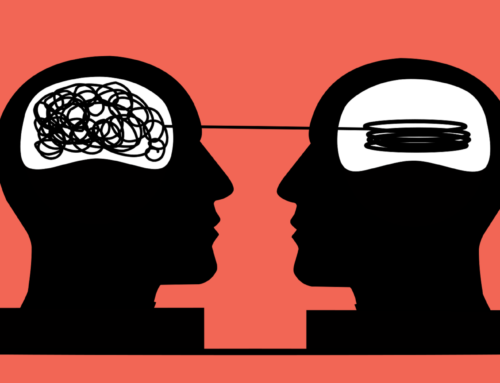Even after weeks of treatment and considerable weight gain, the brains of adolescent patients with anorexia nervosa remain altered, putting them at risk for possible relapse.
The study, published last week in the American Journal of Psychiatry, examined 21 female adolescents before and after treatment for anorexia and found that their brains still had an elevated reward system compared to 21 participants without the eating disorder.
“That means they are not cured,” said Guido Frank, MD, senior author of the study and associate professor of psychiatry and neuroscience at the University of Colorado School of Medicine. “This illness fundamentally changes the brain response to stimuli in our environment. The brain has to normalize and that takes time.”
Brain scans of anorexia nervosa patients have implicated central reward circuits that govern appetite and food intake in the disease. This study showed that the reward system was elevated when the patients were underweight and remained so once weight was restored.
The neurotransmitter dopamine might be the key, researchers said.
Dopamine mediates reward learning and is suspected of playing a major role in the pathology of anorexia nervosa. Animal studies have shown that food restriction or weight loss enhances dopamine response to rewards.
The more severely altered the brain, the harder it was to treat the illness, or in other words, the more severely altered the brain, the more difficult it was for the patients to gain weight in treatment.
Read more: Even after treatment, brains of anorexia nervosa patients not fully recovered








Leave A Comment